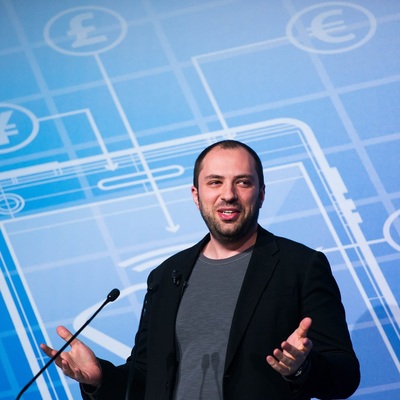What are Founders Shares?
Founders shares are the shares that are issued to the founders of a company, usually upon incorporation.
There are some noticeable differences between these stocks and secondary market common stocks. Founder shares have special rights regarding voting, controlling, distributing profits and the right to be appointed to the board of directors. These special rights are not available to other shareholders.
The most significant difference is that founders' stock is issued only at face value and has a vesting schedule. These shares are typically set aside for the future, giving the founders the chance to buy back stock in the company at a lower price before it goes public.
Although “founders shares” is not a real term, they are often used to describe shares granted to certain individuals who participated in the formation of the company during its early days. As a result, this term will not be used in any legal document of the company.
In order to ensure that the shares issued to each founder are properly “earned” by these stockholders, companies often place stock restriction agreements in place. The next part of this article will explain the vesting schedule for founder shares and two key challenges it solves.
Vesting for Founders Shares
A vesting schedule is most often established for the founders shares. Vesting schedules determine when stock option holders can exercise their options.
Suppose, if a co-founder owns shares that vest over three years, he or she can exercise those shares after the third year. These get vested at different time intervals and serve as a motivator for the founders to keep working hard for the company.
Founder share options vest over time, usually over a four year period, and give the founder the right to buy the founder shares at the same price as the investors paid for them at the end of the vesting period. Moreover, the vesting of founder shares begins only after the person has been with the company for a minimum of 12 months. This is known as the 1 year cliff.
A cliff refers to the period when the founder receives no equity. It occurs when the founder is granted the option to buy the company's shares in stages over time.
There are two main reasons for having vesting schedules for founder shares:
- Although most co-founders generally remain together, in some cases it may be justified for one or more co-founders to split up. In the event that a co-founder leaves the company or is asked to leave the company, the company can purchase the unvested stock shares before all their shares have fully vested. The vesting restriction also prevents the departed founder from obtaining the shares since they are no longer associated with the company.
- Angel investors, accelerators and early-stage VC’s usually ask for a founders vesting schedule before investing any amount in a startup. The reason for this is to ensure that the founders receive equity only if they remain committed and work in the company that they founded.
How to allocate Founders Shares?
Founders of a company generally have a larger stake in the company as they have a lot of work to put in to get things rolling. In other words, they are the people who have converted an idea into a company and have created it from the ground up.
Founders will typically be given shares that are proportional to their contribution to the startup. The number of shares that the founders receive is usually related to the amount of money that they invested in the company when it was founded.
As a contribution to their efforts, founders are compensated with founders' stock. The shares are generally given at face value, sometimes as low as $0.01 per share, but founders get a significant portion of them. As the company grows, the value of founder shares is intended to go up.
For instance, a founder of a company may be allotted 1000 shares of a company, with a value per share of $0.1. As the company grows, the value is intended to go up, say to $2 per share, and with it the value of the founders share is also intended to go up.
In this scenario, if the founder wants to sell all his shares when they are at $40/ share, he is paid a sum of $40,000.
The shares can be sold to other investors in the company when the company goes public, or they can be retained by the founders.
Distribution of Founders Shares in a company
The number of employees and participants in a company increases as it grows, so companies usually give them equity based on their role and how early they join.
The first set of equity will first be distributed to the founders and other partners who participated in the company's formation. This is due to the fact that they have borne the most risk in establishing a company and have worked on building a new company.
Following this, as the company grows, there will be more employees joining the company. As of now, the company will have some revenue or investors will have invested some money in it. As the employees joining now did not take much risk, they will receive a much lower equity share than those in the previous stage.
With the company being well established, new employees joining in would receive a fraction of what the earlier employees had received. The company is profitable by this time, and business is booming.




 Entrepreneurship
Entrepreneurship











